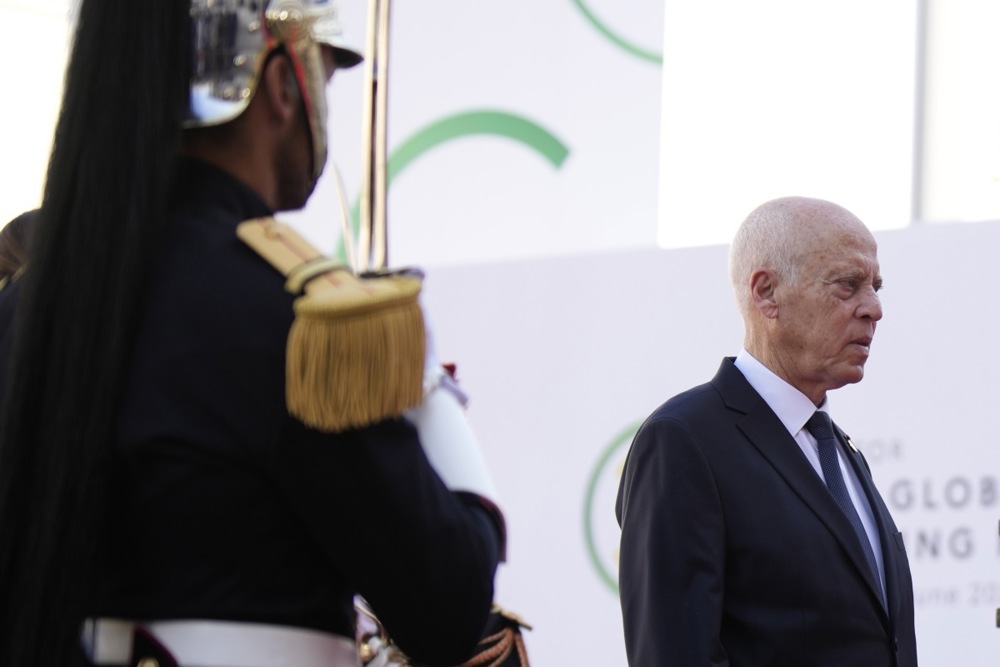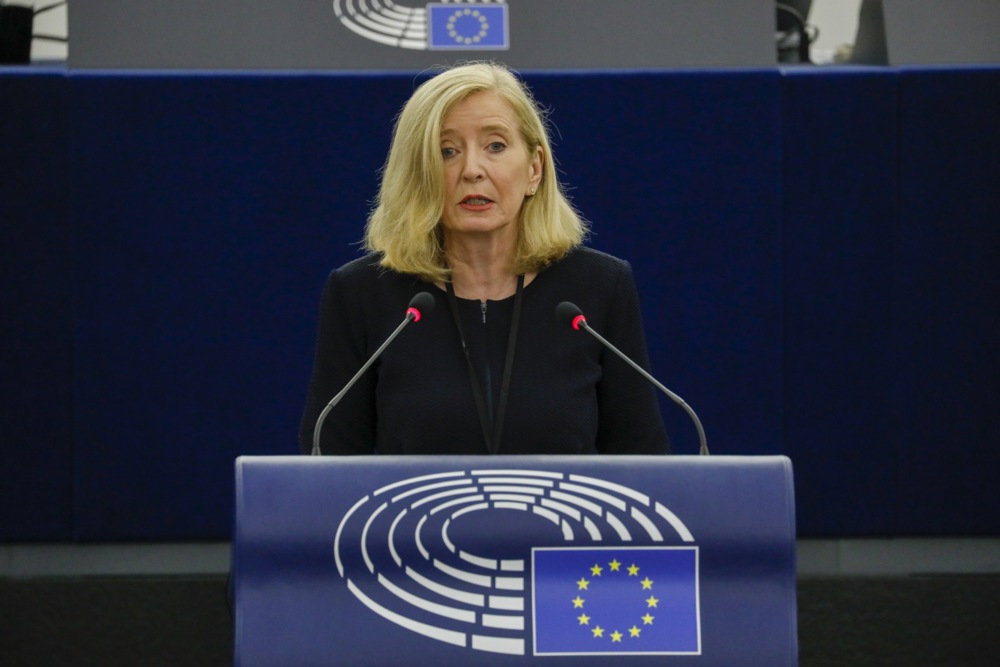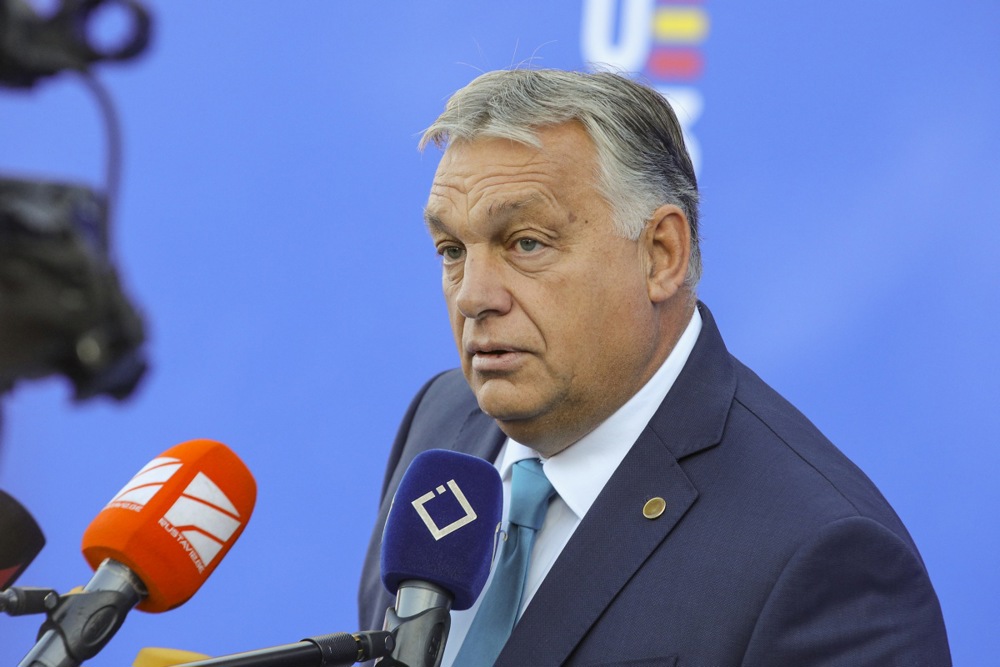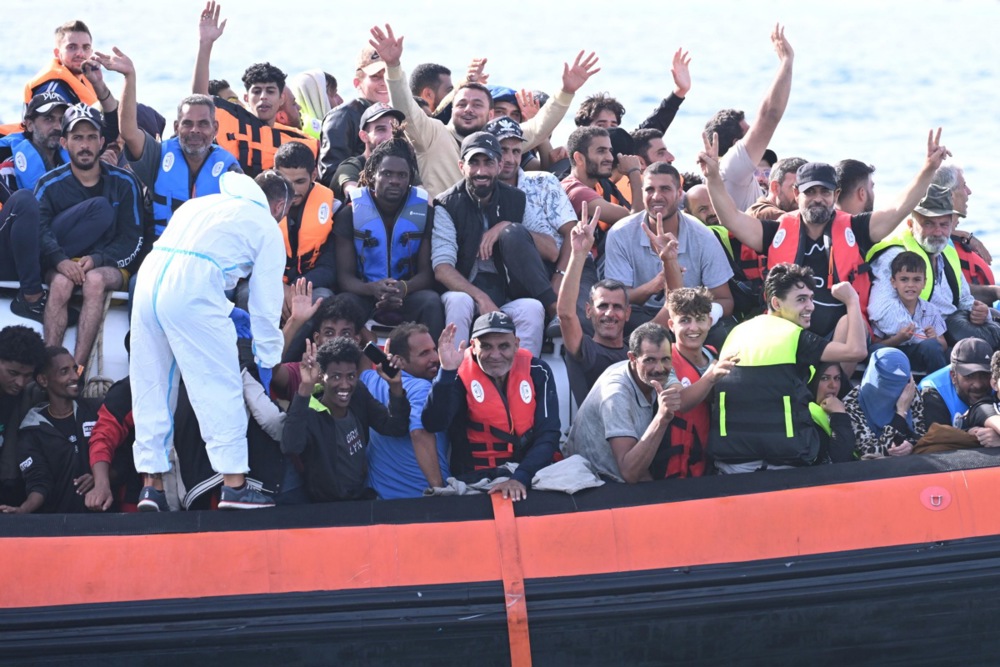The controversial deal between Tunisia and the European Union seems to be dead in the water.
Tunisian foreign affairs minister Nabil Ammar said he has returned EU money that was part of the migration agreement.
Tunisia sent back €60 million of European aid to EU accounts. The money was part of a high-profile deal the bloc made to curb illegal migration. The EU cash was intended to strengthen the Tunisian economy, tighten border control and help in the fight against human traffickers.
On October 5, EU Neighbourhood Commissioner Olivér Várhelyi had said Tunisia was free to “wire back” €60 million in funds and now that has happened.
The money was part of a bigger agreement, worth €1 billion, designed to enable Tunisia to become a reliable EU partner with a stable economy and government that could effectively fight illegal immigration.
Despite Tunisia being in economic trouble, its government flat-out refused the cash injection from Brussels. Tunisian authorities said they wanted serious co-operation as a partner and would not just accept what they termed “charity”.
In an interview with Al-Shorouk newspaper, Ammar accused Europe of being ambiguous and presenting “false and camouflaged” news for public consumption.
He claimed the money Tunisia had returned were actually funds from the COVID-19 era that never arrived and had now just been given a new title.
Ammar added: “If the Europeans continue to release confidential documents regarding our agreements, then we will reveal more facts that are not in their best interest.
“Particularly that Tunisia is not pleading with anyone and that the world is not restricted to a single partner.”
Tunisia “will not be the border police for any country, except for our own”, he said.
“The policy they [the West] were accustomed to previously in 2011 is no longer permissible and will not pass.”
Ammar had harsh words for the West, blaming it for the destruction of Libya and Iraq, which were important trading partners for Tunisia.
Later he invoked what he said were the consequences of colonialism.
“We have not started wars and we have not plunged humanity into world wars as you have done. For us sovereignty is not weapons and means but dignity and strength to say loud and clear the truth,” he said.
The deal between Tunisia and the EU came about via the signing of a Memorandum of Understanding designed to limit the number of migrants crossing the Mediterranean.
European Commission President Ursula von der Leyen, the heads of governments of the Netherlands and Italy and Tunisia’s President Kais Saied announced the signing of a declaration of intent in the capital Tunis on July 16.
Despite the triumphant commentary from those three parties, opposition to the deal has been tantamount amid widespread criticism from numerous sources.
Such denouncements came amid reports of large-scale human-rights violations after the deal was signed and as illegal migration reached record levels.





